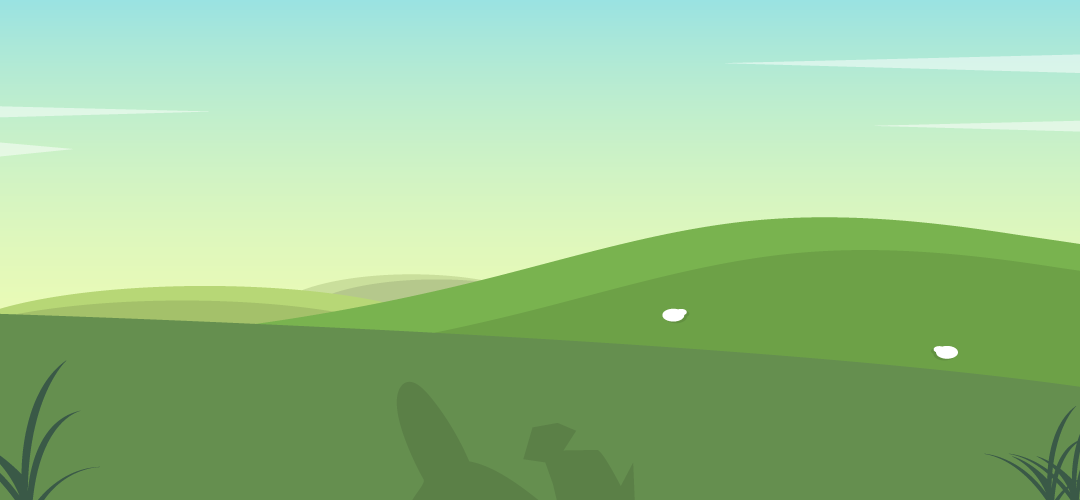
Snippet – No.18: Perseverance
I’ve been known to get distracted, often because I’m drawn to what’s new and interesting, and I feel restlessly creative. Recently, in the middle of a team meeting a colleague had to pull me up as I tried to explore some new data and “find an answer” then and there, when I definitely should have been focussed on and contributing to the energy of the group. It wasn’t pretty, but I was grateful that the team was able to draw my focus back into what was important.
That episode reminded me once again of a concept I’m very fond of: the flywheel. The heavy, slowly-turning wheel that, if we just keep pushing in the same direction for long enough, gains momentum which ends up difficult to stop! I realised that a team itself is a store of momentum, like a human flywheel. For those of us, like me, who can lose focus at times, tuning into that collective store is essential: it allows me to persevere in a way that I couldn’t alone. In these strange times, when so many wheels seem to have stopped or slowed, it seems more important than ever to keep pushing in the directions that matter most to us, alongside others who feel the same.
Mark de Cates
CTO Jyre
Snippet, Reflect, Fix
Snippet
Perseverance is about sustaining effort and focus, even when things are difficult. Like every aspect of our character, it can be a natural strength, or a gap that may hold us back. As a strength, we can be a source of direction and energy, helping others sustain and build momentum. As a gap, if we’re wise, we can work closely with, and appreciate this strength in others.
Reflect
Consider yourself: is perseverance a strength or a gap in different areas of your life? Then consider those around you (near and far): are you a consumer of momentum and focus, or a producer? Or perhaps you are both? Who do you draw on to maintain your focus, to keep you on track? How might they feel about that?
Fix
Identify one person with whom you have a clear connection in terms of perseverance and focus. Take some time today to acknowledge and reinforce that connection.

